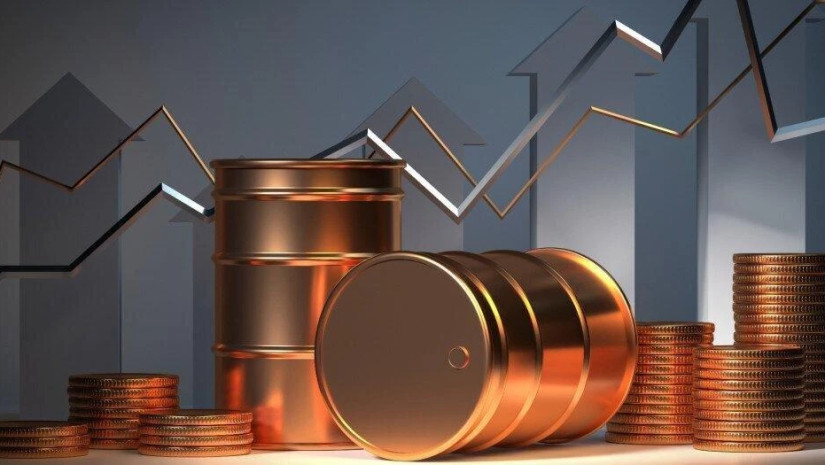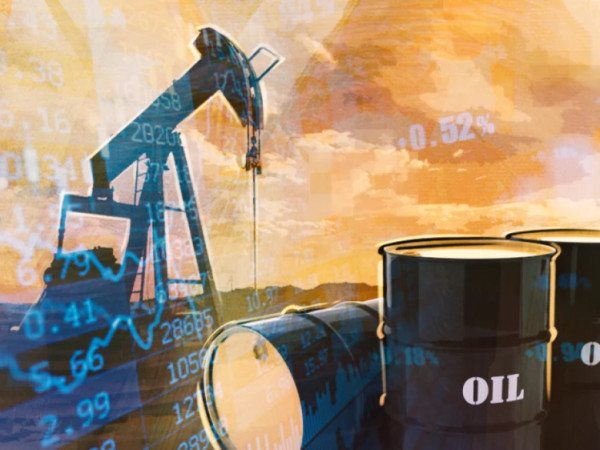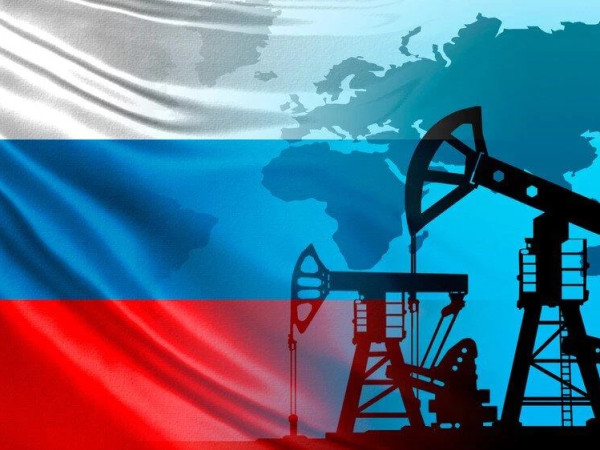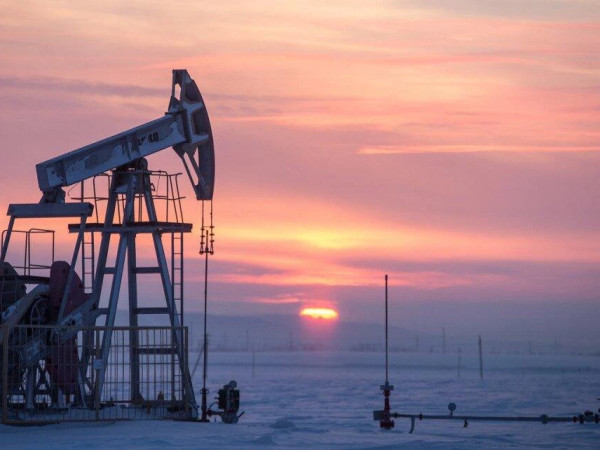Western countries on Monday began imposing a $60-per-barrel price cap and ban on some types of Russian oil, part of new measures aimed at stepping up pressure against Moscow over its war on Ukraine.
The European Union, along with Australia, Britain, Canada, Japan and the United States agreed to the price cap on Friday. The move has prompted a rejection from Kremlin and also criticism from Ukrainian President Volodymyr Zelenskyy — whose government wants the cap to be half as high.
The 27-country European bloc also imposed an embargo on Russian oil shipped by sea.
Questions have arisen about just how the Western measures will affect market prices. On Monday, U.S. benchmark crude traded up 90 cents to $80.88.
Many other factors, including COVID-19 prevention measures in China that have crimped its manufacturing, are also having an impact on demand for crude and thus prices. They are far down from a peak earlier during the war.
Russian Deputy Prime Minister Alexander Novak, who is in charge of energy issues, warned in televised comments on Sunday that Russia won’t sell its oil to countries that would try to use the cap.
“We will only sell oil and oil products to the countries that will work with us on market terms, even if we have to reduce output to some extent,” Novak said in televised remarks hours before the price cap came into effect.
The Ukrainian government demanded over the weekend a lower price cap, to $30 per barrel, insisting that at the $60 level Russia would still reap annual oil revenues of $100 billion — money that can be used to finance its war machine.
Russia, the world’s No.2 oil producer, relies on the sale of oil and gas to underpin its economy, which has already come under sweeping international sanctions over President Vladimir Putin’s war in Ukraine.
In recent weeks, Russia has been pounding Ukrainian infrastructure — including power plants — with military strikes and keeping an offensive going in the east, notably in and around the town of Bakhmut.
Russian forces have also been digging in near the southern city of Kherson, which was recaptured by Ukrainian forces last month after an 8-month occupation.
The war that began with Russia’s invasion of Ukraine on Feb. 24 has displaced millions from their homes, killed and injured an untold number of civilians, and shaken the world economy — notably through the fallout on the prices and availability of foodstuffs, fertilizer and fuel that are key exports from Ukraine and Russia, AP reports.















